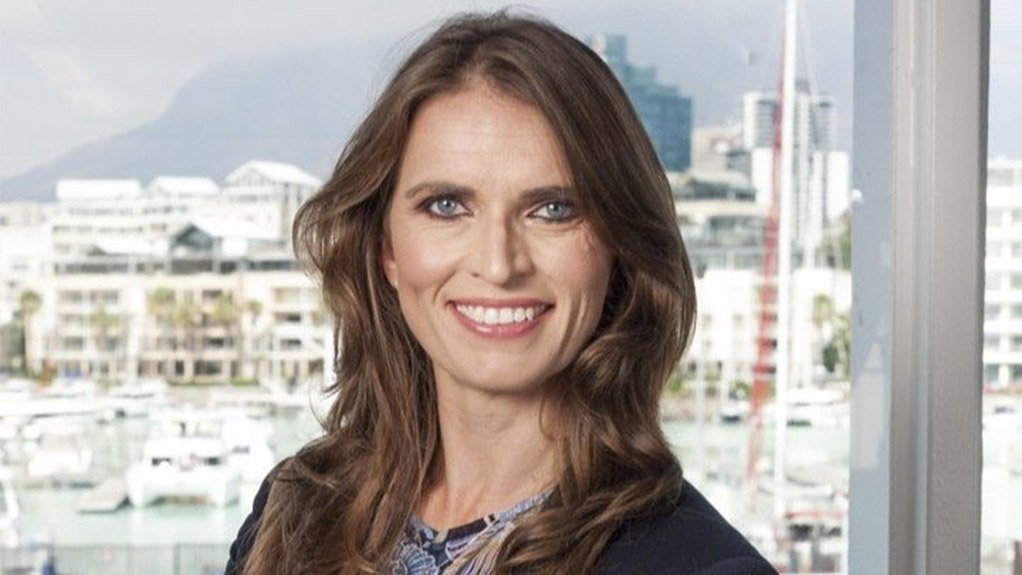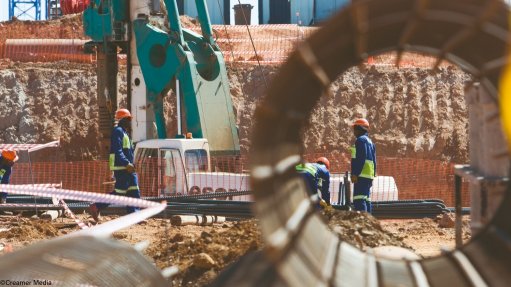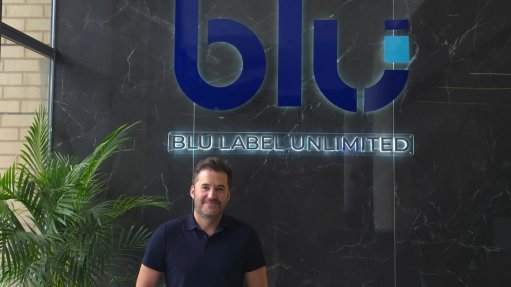The next phase of South Africa’s clean energy transition for the SME
This article has been supplied.
By: Bronwyn Timm - Business Development Manager, SOLA Group
The South African renewable energy sector is moving from momentum to maturity. Across industries, clean power isn’t perceived as a hedge against loadshedding anymore. It has become a core business strategy thanks to a set of reforms and technologies that have made renewable energy more accessible and affordable.
Over the past 18 months, the structure of the market has changed thanks to policy reforms that have created a space for private energy generation, traditional wheeling and the launch of virtual wheeling. The latter model allows companies to access renewable energy generated offsite through a system of rebates to match the power a business uses from the national or municipal grid with the clean energy generated from an IPP. Eskom launched the framework to simplify access for corporates on Low Voltage Eskom connections and municipalities. One of the first virtual wheeling electrons was with Vodacom and their PPA with SOLA Group went live in September 2025, making it the first in the country and on the continent to make the move to the virtual wheeling model.
It is a breakthrough moment, especially for small to medium enterprises. Renewable energy has become more accessible and affordable, without requiring that companies build their own physical plants or on-site installations. It opens the door to clean and lower-cost power – a flexibility that means SMEs can balance their power needs against their budgets. They can buy renewable energy without owning infrastructure.
Traditional power purchase agreements (PPAs) often last as long as 20 years and require a significant long-term commitment. The model ensured reliable power but also limited participation to large corporates and mining houses with financial heft. With the virtual wheeling model now available locally, SMEs can enjoy the same benefits but with short-term, flexible contracts that are more aligned to their operational realities.
IPPs, like the SOLA Group, have developed rolling and short-term PPAs designed to offer companies flexibility and an immediate OPEX saving. Translated, this means the barrier to entry is lowering so SMEs can secure renewable power without having to invest in panels on their roof. This flexibility is deepened by the upcoming South African Wholesale Electricity Market (SAWEM) which is expected to go live in 2026. It enables licensed market participants to trade energy as a commodity, which will increase both competition and transparency. It will in time give SMEs the ability to then compare offers, buy from clean generators and manage energy costs more predictably.
Another factor that’s changing the renewable picture is the evolution of battery energy storage systems (BESS). Global storage prices have dropped considerably, averaging $115 per kWh as of the end of 2024, according to BloombergNEF, and this cost reduction has made it feasible for developers to include batteries as standard in new projects. This translates into consistent power as solar and wind output is now stored in batteries to provide energy on demand. The combination of virtual wheeling and storage is turning intermittent renewable generation into a 24/7 supply chain.
The next step is the grid itself. South Africa’s transmission network is nearing capacity in high renewable energy resource provinces like the Northern Cape which is sparking further discussion and investment into capacity to minimise the risk of energy disruptions. As the SA energy market evolves, the conversation is moving away from loadshedding as companies ask whether they still need their own energy strategies.
The answer is yes. Energy self-reliance, particularly with clean energy, is a competitive advantage. It shields companies from price volatility and reduces carbon exposure; it also positions them for export markets that are tightening their environmental standards. Resilience is defined as flexibility and choice, and in a company’s ability to participate in a cleaner and smarter energy system.
Perhaps the most important outcome of these reforms is participation. SMEs employ nearly 60% of the South African workforce and yet have been historically excluded. Virtual wheeling and flexible PPAs change the equation and allow SMEs to access the same cost benefits and sustainable credentials as large enterprises.
The ripple effect of this inclusivity is profound. When companies have access to cheaper and predictable energy costs, this improves their cash flow and competitiveness, with a knock on effect for communities and the economy. A more distributed market reduces the strain on the national grid while stimulating economic inclusion.
As South Africa continues to decentralise its energy system, the next wave of growth relies on keeping this access open.
Article Enquiry
Email Article
Save Article
Feedback
To advertise email advertising@creamermedia.co.za or click here
Press Office
Announcements
What's On
Subscribe to improve your user experience...
Option 1 (equivalent of R125 a month):
Receive a weekly copy of Creamer Media's Engineering News & Mining Weekly magazine
(print copy for those in South Africa and e-magazine for those outside of South Africa)
Receive daily email newsletters
Access to full search results
Access archive of magazine back copies
Access to Projects in Progress
Access to ONE Research Report of your choice in PDF format
Option 2 (equivalent of R375 a month):
All benefits from Option 1
PLUS
Access to Creamer Media's Research Channel Africa for ALL Research Reports, in PDF format, on various industrial and mining sectors
including Electricity; Water; Energy Transition; Hydrogen; Roads, Rail and Ports; Coal; Gold; Platinum; Battery Metals; etc.
Already a subscriber?
Forgotten your password?
Receive weekly copy of Creamer Media's Engineering News & Mining Weekly magazine (print copy for those in South Africa and e-magazine for those outside of South Africa)
➕
Recieve daily email newsletters
➕
Access to full search results
➕
Access archive of magazine back copies
➕
Access to Projects in Progress
➕
Access to ONE Research Report of your choice in PDF format
RESEARCH CHANNEL AFRICA
R4500 (equivalent of R375 a month)
SUBSCRIBEAll benefits from Option 1
➕
Access to Creamer Media's Research Channel Africa for ALL Research Reports on various industrial and mining sectors, in PDF format, including on:
Electricity
➕
Water
➕
Energy Transition
➕
Hydrogen
➕
Roads, Rail and Ports
➕
Coal
➕
Gold
➕
Platinum
➕
Battery Metals
➕
etc.
Receive all benefits from Option 1 or Option 2 delivered to numerous people at your company
➕
Multiple User names and Passwords for simultaneous log-ins
➕
Intranet integration access to all in your organisation





















